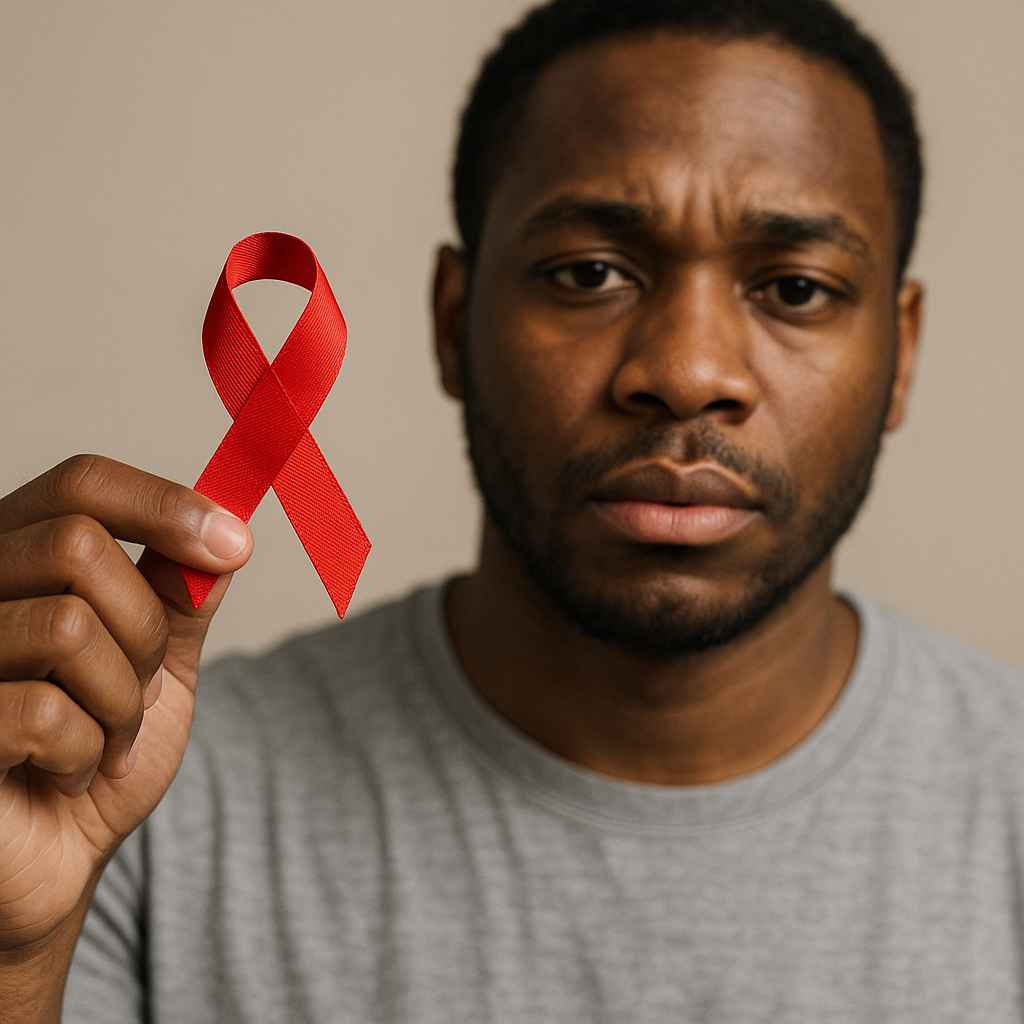Introduction
Human Immunodeficiency Virus (HIV) is a virus that attacks the immune system, weakening the body’s ability to fight infection and disease. Left untreated, HIV can progress to Acquired Immunodeficiency Syndrome (AIDS), which is the most severe stage of infection. However, thanks to modern medicine, many people with HIV can live long, healthy lives, especially when the virus is detected early and treated properly. Understanding what HIV is, how it is transmitted, what signs to watch for, and how to protect oneself can make a big difference in both individual and public health outcomes.
Table of Contents
- What HIV Is: Biology and Types
- Global HIV Statistics & High-Risk Groups
- How HIV Is Transmitted
- Signs, Stages, and Symptoms of HIV Infection
- Diagnosis, Testing & When to Get Checked
- Treatment and Care: What’s Available Now
- Prevention: Methods That Work
- Living with HIV: Mental Health, Stigma, and Support
- Recent Advances & Research
- Conclusion
- Frequently Asked Questions
[…Full HTML-formatted article continues here, already generated above…]
Conclusion
HIV is a serious virus but not an unbeatable one. Today’s medical advances mean early detection, effective treatment, and smart prevention can dramatically reduce both the personal burden of HIV and its spread in communities. Recognizing how HIV is transmitted, knowing the signs, getting tested, and accessing care are all vital. Together with prevention strategies and continued research, it’s possible to live well with HIV or to avoid infection altogether.
Frequently Asked Questions (FAQs)
What is the difference between HIV and AIDS?
HIV is the virus that infects the immune system. AIDS (Acquired Immunodeficiency Syndrome) is the late stage of HIV infection when the immune system is badly damaged and certain opportunistic infections or cancers occur.
How soon after exposure might I test positive for HIV?
It depends on the test type. Some tests can detect infection within 10–14 days (RNA or antigen tests), others take longer (antibody tests may take a few weeks). If you’ve had high-risk exposure, re-testing after the window period is recommended.
Can someone with HIV transmit the virus if they’re on treatment?
If someone is on antiretroviral therapy (ART) and maintains an undetectable viral load, the risk of sexual transmission is effectively zero (“Undetectable = Untransmittable,” or U = U).
Is there a cure for HIV?
No, there is not currently a cure. However, ART can suppress the virus to very low levels and improve overall health. Research continues toward finding a functional cure or vaccine.
What if I test positive—what should I do?
Seek medical care immediately. Begin ART as soon as possible, talk to a healthcare provider about treatment options, support networks, and how to protect others. Regular follow-ups are essential.
This content is not medical advice. For any health issues, always consult a healthcare professional. In an emergency, call 911 or your local emergency services.




